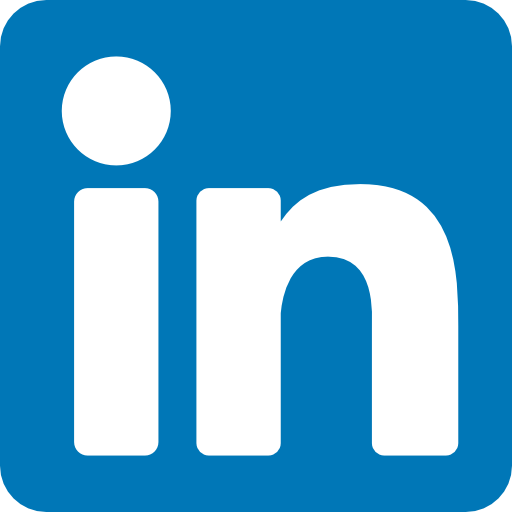Companies that have a defined structure during the interview process have the most success hiring talented candidates. A consistent, well-defined interview process can also help to predict on-the-job performance by reducing unconscious biases, thus improving your odds of hiring the right candidates who are the best match for your healthcare sales career. Here are three tips to formulate a successful interview process.
- Take Stock
Creating an exceptional candidate experience starts with designating who you want to be involved with in the interview process. Assess who needs to be involved and how many interviews should be held. You might find it more effective to have panel interviews during a healthcare executive search because it enables several of your most trusted employees to provide you with their input regarding the quality of hires. Panels also help to streamline the interview process by reducing the number of times you have to meet with each candidate. Tracking interview data is essential to learning how many people should be involved, and how many interviews should be held.
- Formulate Questions
It can be challenging to predict the quality of hire when all you hear are rehearsed answers from candidates, so throw away that list of canned interview questions. Create interview questions that speak directly to the role for which you’re hiring. Diagnostics marketing careers have specific requirements. If you want to find the best candidates, then the questions need to be customized for each role. Use a combination of behavioral and situational questions instead of traditional biographical questions.
- Prepare Your Interviewers
Review the process with your interviewers in advance and be sure they are up to date on best interview practices. While it may seem obvious, don’t overlook the significance of legal and ethical interviewing requirements. Not everyone on your panel will be as experienced and may need some training in this area.
BONUS: The Agenda
Compile your agenda and share it with each candidate ahead of time. Candidates should be provided with detailed agendas well in advance of their scheduled interviews. You can share as much or as little as you want, but remember your candidates will be more prepared and confident if they can review practice interview questions, a schedule, information about the company’s values, the names of the interviewers, and more.
Unlocking the door to a successful interview process starts with these tips. Follow these steps to turn unstructured job interviews into structured ones that boost the quality of hire. Never underestimate the advantages of building a diverse workforce, but first, you have to remove any biases from your hiring process. Panel interviews and customized questions are effective techniques for reducing biases. Finally, don’t forget to prepare your interviewers and candidates ahead of time.
https://business.linkedin.com/talent-solutions/blog/candidate-experience/2019/guide-to-structuring-effective-interview-process



